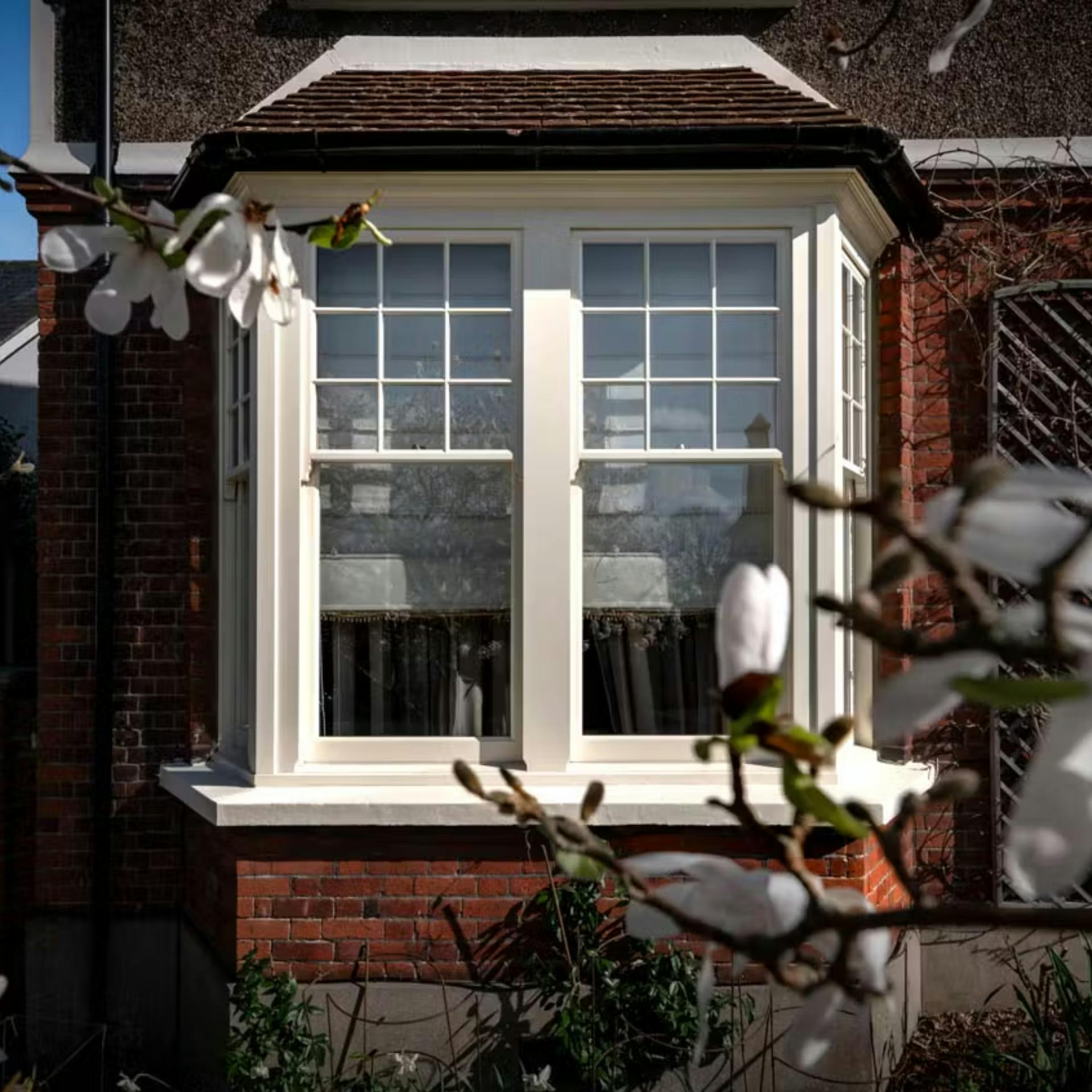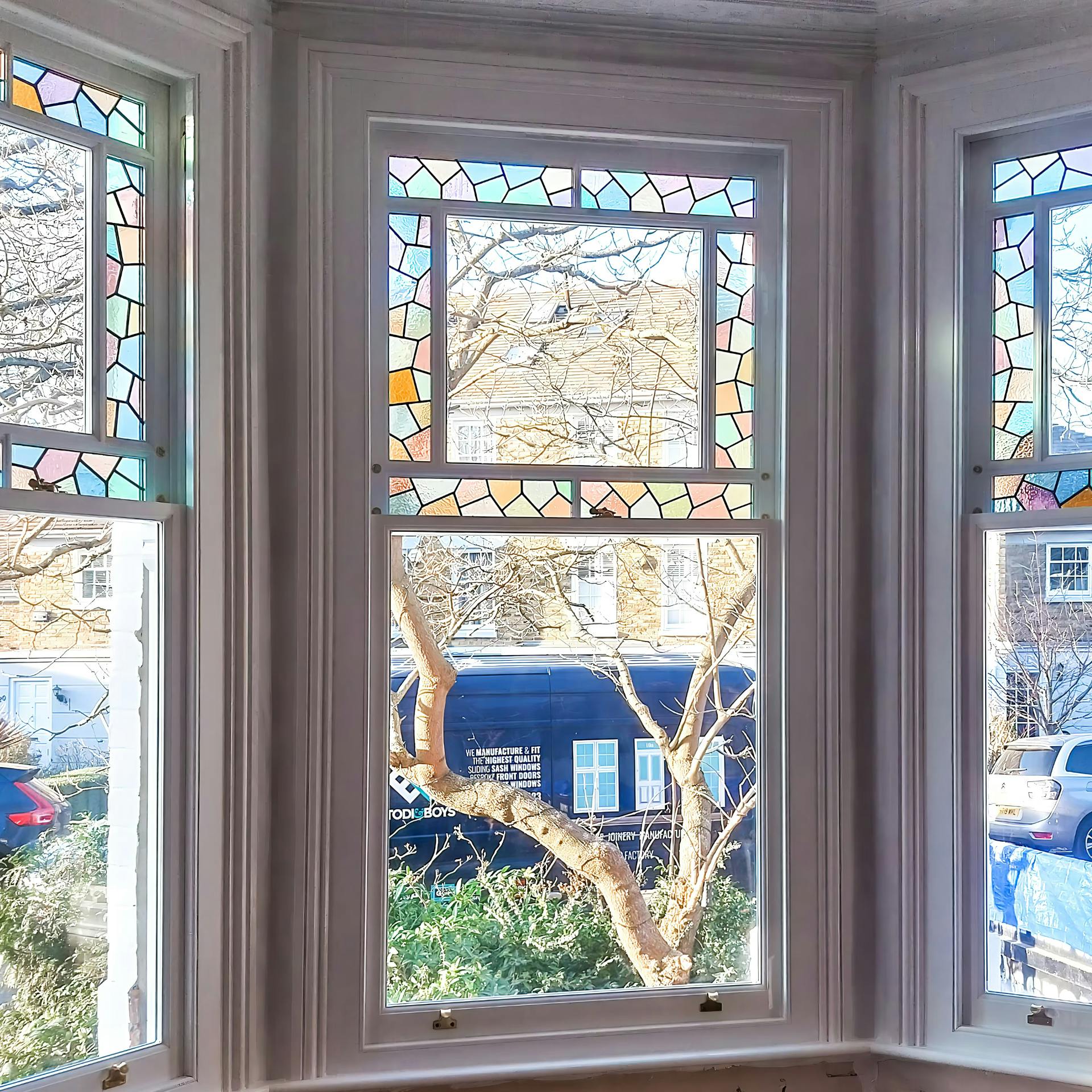Window Energy Ratings – Everything You Need To Know
27 November 2024
Your home’s energy efficiency can be significantly affected by window energy ratings that assess the effectiveness of your windows, in retaining heat and reducing heating and cooling costs while enhancing comfort levels indoors.
Opting for energy efficient windows such as the timber sash windows crafted by Todi & Boys doesn’t just cut down energy costs. They also contribute to crafting an inviting atmosphere by minimising drafts and noise levels while maintaining optimal temperature balance—all of which are key elements for any home improvement project.
Understanding Window Energy Ratings
What is a Window Energy Rating?
Window Energy Ratings (WER) assess the effectiveness of a window in insulating and retaining heat by considering elements such as glazing type, materials used and overall performance to determine the windows energy efficiency level. The higher the rating, the better the window’s ability to maintain a comfortable indoor temperature, which contributes to reduced energy usage.
How Window Ratings are Determined
To determine a window energy rating, the following key factors are looked at:
- Insulation: The window’s ability to keep in heat.
- Frame Material: Different materials affect energy efficiency drastically.
- Glazing Type: Double or triple glazing improves thermal performance.
- U-value: The lower the U-value, the better the insulation.
The Importance of Energy-Efficient Windows
How Energy-Efficient Windows Impact Your Home
Energy-efficient windows improve your home’s comfort by maintaining a regular indoor temperature and preventing draughts. In cold months, they reduce the amount of heat lost through windows, and in warmer months they prevent excess heat from entering through windows, which maintains a balanced and comfortable environment.
By reducing the need for air conditioning and heating, energy-efficient sash windows help stabilise the indoor temperature and reduce the amount HVAC systems need to be turned on, making your home comfortable all year round.
Also, more energy-efficient windows reduce your home’s carbon footprint which leads to long-term savings, especially with rising energy prices.
Reduced Noise Pollution
Energy-efficient windows, especially those with double glazing and acoustic glass offer great noise reduction benefits. The multiple, thicker panes of glass partnered with gas filled cavities creates a sound barrier that reduces the amount of external noise that enters your home.
This is useful for properties in busy areas like London. For more information on sound insulation, check out our blog, Soundproofing Sash Windows – How To Get A Better Night’s Sleep.
U-Value and Its Importance
U-values measure the rate of heat transfer through a window, giving a clear indicator of its insulating capability. Lower the U-value, better the insulation. Factors that can affect the U-value include:
- Material used
- Glazing type
- Gas used (Krypton or Argon)
If you’re eco-conscious, investing in windows with low U-values ensures compliance with energy efficiency standards as well as offering a return on investment through long term savings and reduced environmental impact.
Factors that Affect Window Energy Efficiency
Glass Type
To be energy efficient, windows tend to need to be double or triple glazed. Single glazing offers poor insulation, allowing heat to escape, while for double-glazing, the heat needs to penetrate two panes of glass as well as a pocket of insulating gas.
Frame Materials
The material of the window frame plays a massive role in energy performance. Timber is a natural insulator that helps regulate temperature and reduce the need for artificial heating and cooling.
UPVC is also a good insulator, but not as good as timber.
Aluminium frames may be strong and durable but are less energy efficient than both timber and UPVC.
Gas Fills
Double glazed windows are often filled with argon or krypton. Both of these gases are denser than air and reduce the transfer of heat.
Choosing the Right Energy-Rated Window
When shopping for energy-rated windows, it’s essential to consider your home’s specific needs. Focus on factors like the area you live in, the window orientation and your local climate. Consider the style of the property, if you live in a traditional home then wooden windows would be more suited. Balancing functionality with aesthetics will help you maximise both comfort and appeal.
Balancing Energy Efficiency with Aesthetics
While energy efficiency is important, it’s also very important, and sometimes required to choose windows that match your home’s style. You need to look for windows with energy efficient features that match your home’s design. By combining modern technology like double glazing with traditional design, you can maintain the aesthetic of your home while improving energy efficiency.
At Todi & Boys, we specialise in bespoke timber sash windows and casement windows that are highly energy efficient. This means that no matter what your original window looked like, we can recreate it with all the modern energy saving benefits.
The Financial Implications of Window Energy Ratings
Upfront vs. Long-Term Costs
Energy-efficient windows can be slightly expensive due to the advanced materials and technology used. However, they reduce heating and cooling costs which leads to savings over time. In the long run, energy efficient windows can offset the initial cost by lowering utility bills.
Return on Investment (ROI)
The ROI on energy-efficient windows can vary, but homeowners can often expect to recover their investment in 5-10 years time through energy saving. The time frame can change depending on factors like climate, window quality and energy usage. Also, energy efficient windows increase property value.
Compliance with Building Regulations
Window energy ratings are now a part of UK building regulations. Windows with higher energy ratings meet the standards set for new builds and renovations. These regulations often require the installation of energy efficient windows to improve thermal performance, minimise heat loss and improve insulation.
If you’re looking for new, energy efficient timber windows, contact us. We specialise in bespoke made timber sash windows, casement windows and French doors, both of which are great for energy efficiency.






